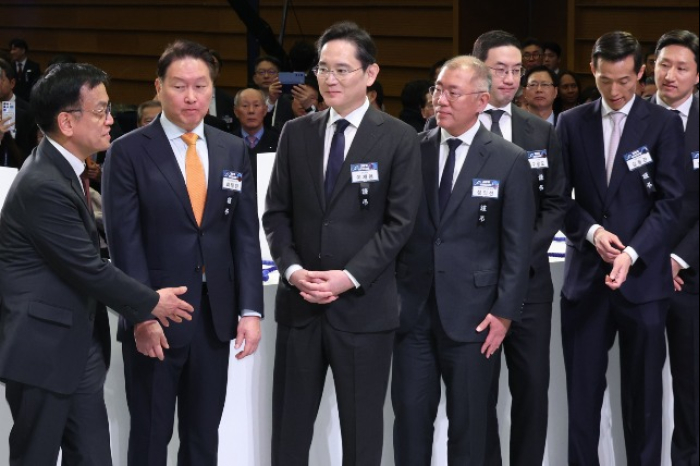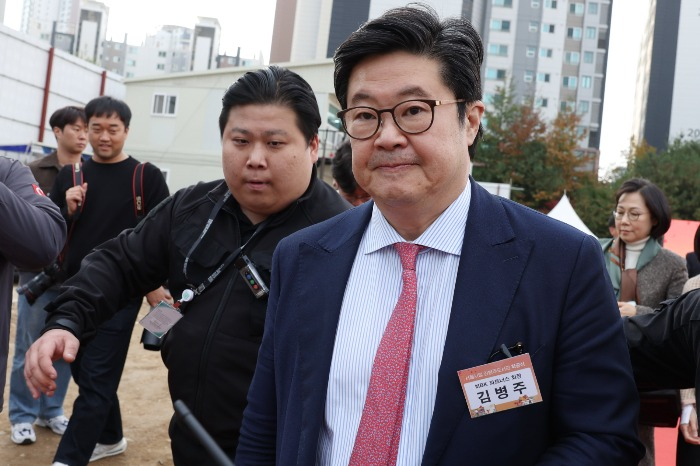
Small and medium-sized enterprises (SMEs) accounted for the majority of disputes over corporate management control in South Korea last year, with the number of cases up 18.4% from the year prior, according to the Korea Chamber of Commerce and Industry (KCCI).
The number of public disclosures related to fights for management control, including legal battles, reached 315 involving 87 listed companies in 2024, said a KCCI report released on Monday.
That compared to 266 cases involving 93 companies in 2023.
The report, titled “The characteristics and implications of recent corporate management disputes,” is based on filings submitted to the electronic disclosure system, or DART, of the Financial Supervisory Service.
In terms of the number of disclosures, the 2024 figure marked the highest in five years.
SMEs made up 67.8%, or 59 out of the 87 companies involved in the management feuds. By comparison, only six companies under big business groups were embroiled in such conflicts.
“Small and medium-sized enterprises can be targeted for management control with relatively small investments,” said an official of the KCCI, led by SK Group Chairman Chey Tae-won.
“For those with a simple ownership structure, external intervention in management becomes easier. With limited human and funding resources to respond to management control attacks, they often become primary targets,” he added.

With the rise of activist funds and buyout firms, a higher number of South Korean companies have become targets of unwanted hostile takeover attempts, or have been entangled in management fights, as is in the case of Korea Zinc Inc.
Yet management feuds and unfriendly takeover bids are expected to further increase in Asia’s fourth-largest economy amid growing demand for higher corporate valuation and governance reform.
COMMERCIAL LAW REVISION
The KCCI warns that an amendment to the Korean commercial law to add a clause on directors’ fiduciary obligation to act in the best interests of shareholders will expose a greater number of companies, particularly SMEs, to management disputes.
The government is discussing a commercial law revision to strengthen the fiduciary duties of the board of directors.

Further, foreign activist funds may exploit the law to target top management, pressuring them to implement measures aimed at boosting share prices, only to cash out shortly afterwards.
The report also pointed out at South Korea’s heavy inheritance taxes, reaching up to 60% — among the highest in OECD countries — weakens majority shareholders’ control. Thus, family-owned companies undergoing generational leadership transition will become foreign activist funds’ targets.
By Yeonhee Kim
yhkim@hankyung.com
Joel Levin edited this article.














